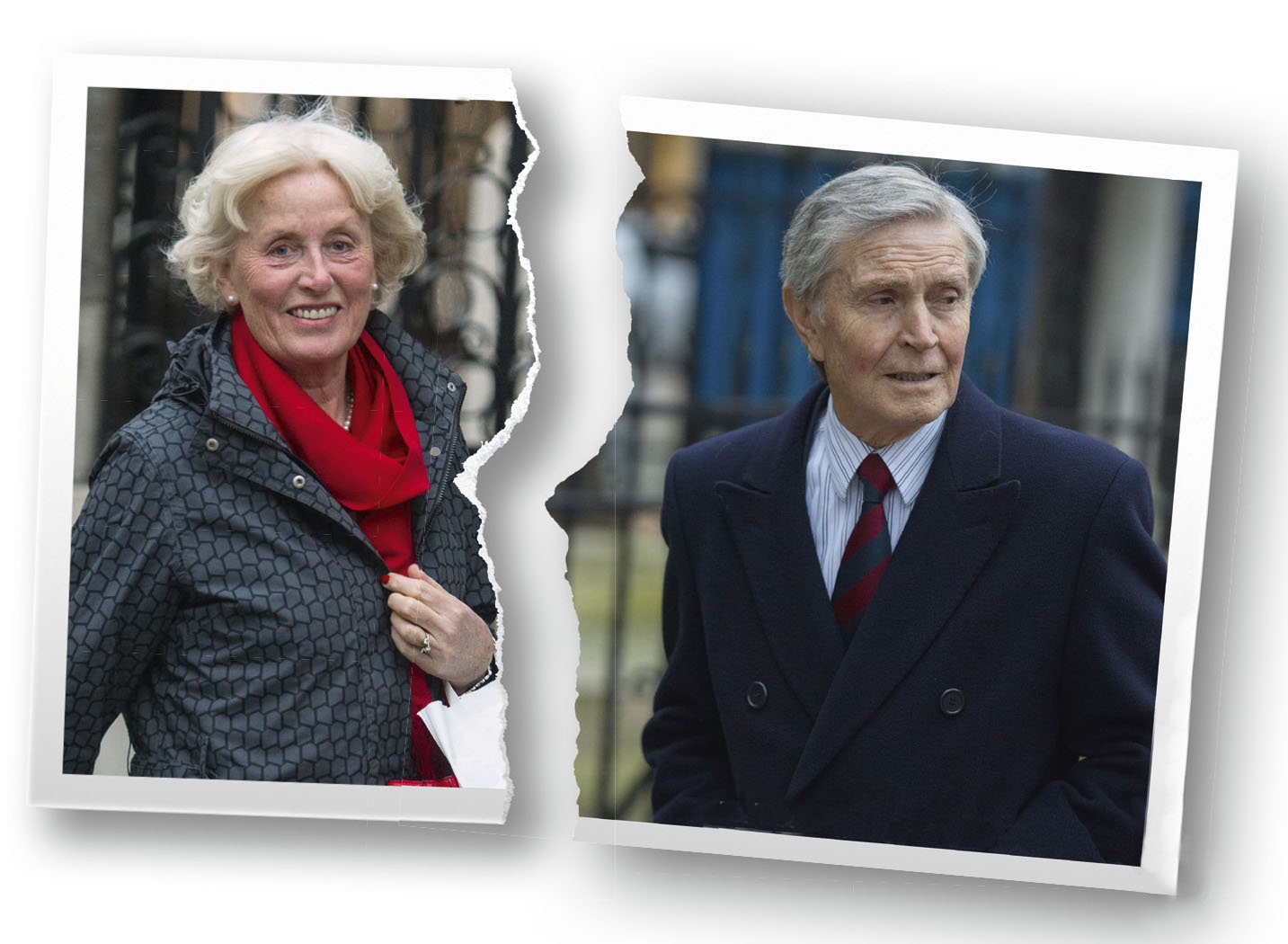
A consideration of Parliamentary intent & a deductive approach could have helped ensure Mrs Owens got her way, says David Burrows
It is difficult not to feel sorry for Mrs Owens: locked in a dead marriage and blocked from divorce by a narrow view of the legal issue (Owens v Owens [2017] EWCA Civ 182). As Hallett LJ said (§102): “On any view, the marriage is over.” In the course of a 98-paragraph judgment Sir James Munby P said: “[84] …unless [Mrs Owens] can bring herself within the ‘no fault’ provisions of s 1(2)(d) and (e) [living apart for two years (with consent) or five years] she must remain trapped in her loveless marriage…Parliament has decreed that it is not a ground for divorce that you find yourself in a wretchedly unhappy marriage, though some people may say it should be.”
Is this what Parliament intended? Did Parliament really say that irretrievable breakdown might not lead to divorce? These were not questions the Court of Appeal judges asked. They








